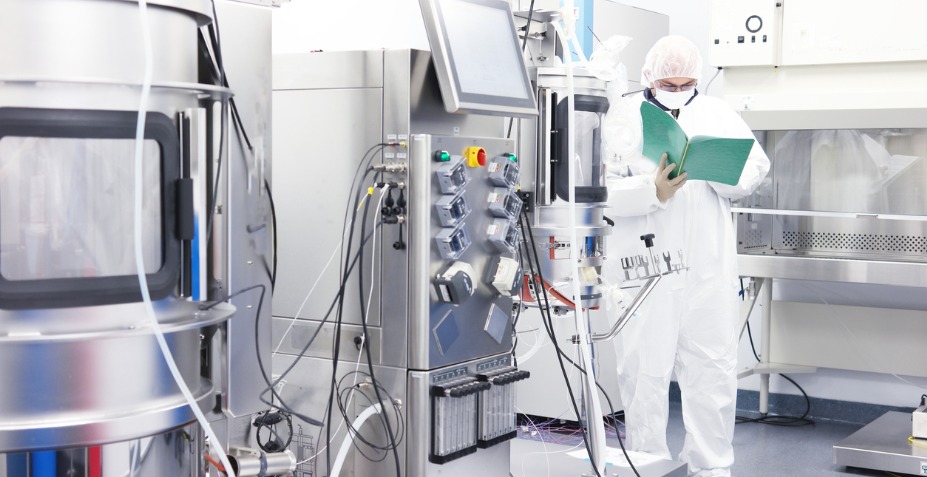Delivering Quality in a Regulated Manufacturing Environment
Regulated environments can pose unique challenges for those not familiar with the core concepts of cGMP(Current Good Manufacturing Practices) and GAMP(Good Automation Manufacturing Practices). Designing and building automation systems using GAMP guidelines ensure that the systems we deliver will provide the reliable and consistent results expected. Understanding cGMP guidelines help our engineers better interact with your team in a regulated environment to drive results.
With experience in Validation Lifecycle and Change Management, Commissioning and Validation, Risk Assessment, Data Integrity and Electronic Records and Electronic Signatures (ERES), along with Documentation Lifecycle, and Documentation Practices we are ready to help support your project to meet manufacturing regulatory compliance.
Validation Lifecycle and Manufacturing Change Management
Making changes to systems in a regulated environment not only requires expertise in the automation system but an understanding of the process in which to make changes. Understanding the validation lifecycle and knowing when changes need to be documented and the method in which to document them decrease the risk of deviation as well as time to release a change for use.

Commissioning and Validation
Strong understanding of automation and effective testing methodology helps to ensure that commissioning and validation testing is effective. Developing of these tests takes a strong understanding of the system and intent of the testing to be executed. Effective test development leads to more effective outcomes with less time used executing unnecessary tests.
Risk Assessment
Being able to accurately assess risk assists in both development of new systems as well as executing changes to existing systems. Identifying risks and properly managing them helps deliver a more successful solution with greater effectiveness when delivering new systems. Determining the full impact of a change can lead to better validation testing, reduce the change of deviation or rework, and improve time release.

Data Integrity and ERES
In environments were data integrity of electronic records and electronic signatures is critical understanding of 21 CFR part 11 will have a significant impact on the outcome and regulatory compliance of your system. How well the guidelines in 21 CFR Part 11 are understood during initial system design can have a long-lasting impact on a system’s ability to be compliant not only now but into the future. Failure to develop a system that can capture all the critical data and maintain it can have a devastating impact when reporting to regulatory agencies. Understanding the ALCOA principles ensures the needed information is collected in the manner required to maintain data integrity within a system.

Documentation Lifecycle and Good Documentation Practices
Good documentation practices and understanding of documentation lifecycle is critical in making sure that a system is documented appropriately to meet manufacturing regulatory compliance. These skills ensure that the required updates, either handwritten or electronically generated, are easily traceable and identifiable.
Platforms We Support
Meeting Your Manufacturing Regulatory Compliance Requirements
NeoMatrix has extensive experience supporting some of the largest pharmaceutical companies in the world as well as some of the largest EOM of pharmaceutical processing equipment. This experience helps to ensure we can support your automation needs within a regulated environment whether that need is a new system design or a modification to an existing system.


